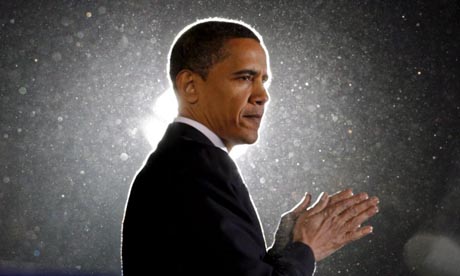 In the NYTimes - Warning: Habits May Be Good for You in which the methods of dopamine hegemony are shown both to have turned you into an automatized consumer and revolutionized your health and well-being in the process. (not to mention selling bazillions in products, as well.)
In the NYTimes - Warning: Habits May Be Good for You in which the methods of dopamine hegemony are shown both to have turned you into an automatized consumer and revolutionized your health and well-being in the process. (not to mention selling bazillions in products, as well.)If you look hard enough, you’ll find that many of the products we use every day — chewing gums, skin moisturizers, disinfecting wipes, air fresheners, water purifiers, health snacks, antiperspirants, colognes, teeth whiteners, fabric softeners, vitamins — are results of manufactured habits. A century ago, few people regularly brushed their teeth multiple times a day. Today, because of canny advertising and public health campaigns, many Americans habitually give their pearly whites a cavity-preventing scrub twice a day, often with Colgate, Crest or one of the other brands advertising that no morning is complete without a minty-fresh mouth.
A few decades ago, many people didn’t drink water outside of a meal. Then beverage companies started bottling the production of far-off springs, and now office workers unthinkingly sip bottled water all day long. Chewing gum, once bought primarily by adolescent boys, is now featured in commercials as a breath freshener and teeth cleanser for use after a meal. Skin moisturizers — which are effective even if applied at high noon — are advertised as part of morning beauty rituals, slipped in between hair brushing and putting on makeup.
“OUR products succeed when they become part of daily or weekly patterns,” said Carol Berning, a consumer psychologist who recently retired from Procter & Gamble, the company that sold $76 billion of Tide, Crest and other products last year. “Creating positive habits is a huge part of improving our consumers’ lives, and it’s essential to making new products commercially viable.”
Through experiments and observation, social scientists like Dr. Berning have learned that there is power in tying certain behaviors to habitual cues through relentless advertising.




















